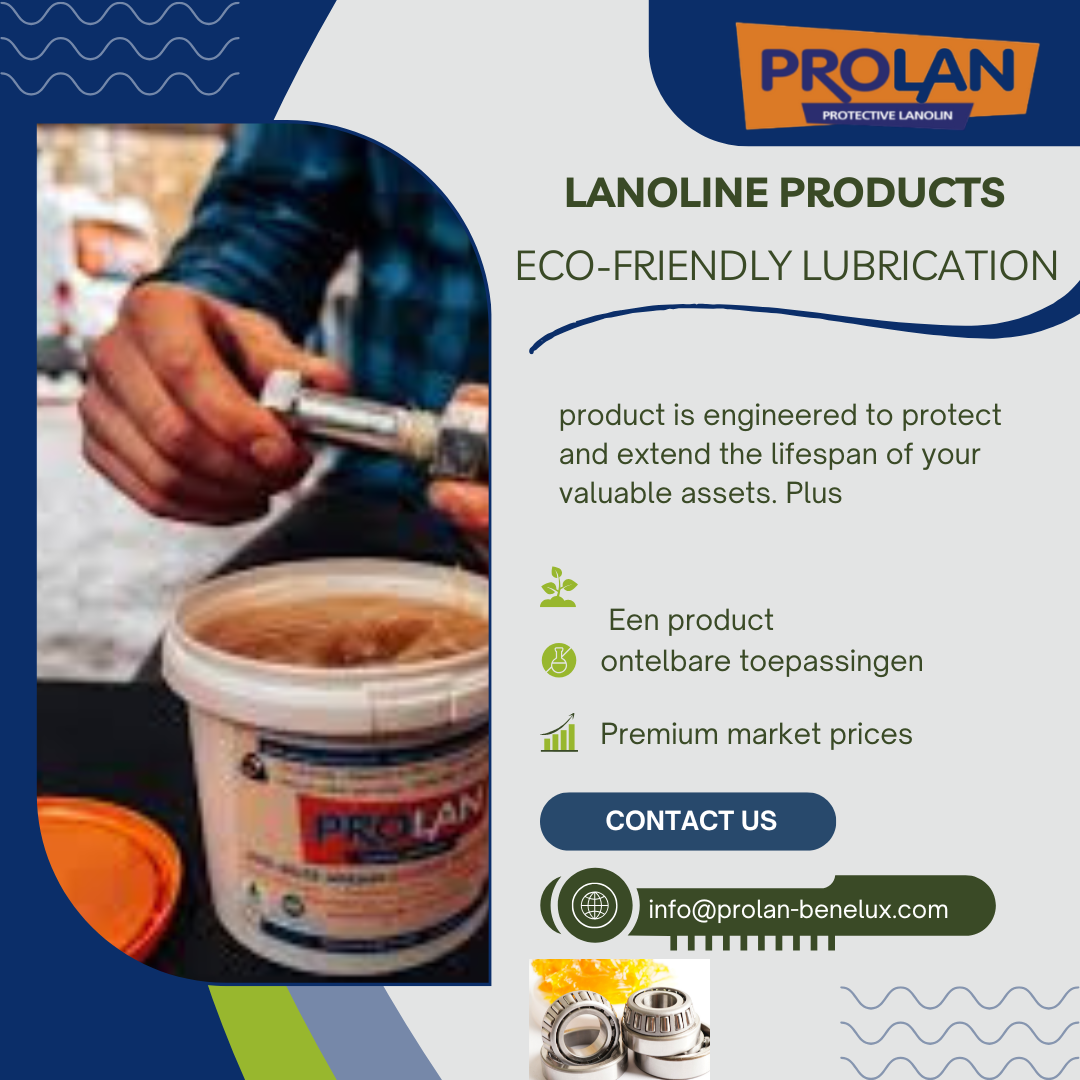Europe Organic Food Market Booms Amid Health Awareness and Sustainable Living Trends
Read the Full Report at: Europe Organic Food Market – Renub Research
Rising Health Consciousness and Eco-Awareness Accelerate Organic Food Demand Across Europe
According to a comprehensive new report by Renub Research, the Europe Organic Food Market is witnessing unprecedented growth as consumers increasingly shift toward healthier, environmentally responsible eating habits. Fueled by rising health awareness, environmental concerns, supportive government policies, and a growing preference for clean-label and chemical-free products, the organic food sector in Europe is rapidly gaining momentum.
The latest study reveals that the organic food market in Europe is not just a trend but a transformation in consumer mindset—driven by concerns over pesticide residues, genetically modified organisms (GMOs), food additives, and sustainability. With nations like Germany, France, the UK, and Italy leading the way, Europe has emerged as a global powerhouse in the organic movement, both in terms of production and consumption.
Germany, France, and the UK Lead the Organic Revolution
Among the major European markets, Germany maintains its position as the largest organic food consumer, followed closely by France and the United Kingdom. German consumers place a high emphasis on food quality and traceability, making organic certifications and eco-labeling a critical purchase criterion. France, backed by strong government initiatives like “Ambition Bio,” is increasing its organic farmland and making organic food more accessible through public catering systems and retail partnerships.
The UK’s organic market continues to expand despite post-Brexit regulatory complexities, thanks to rising consumer trust in organic standards and increasing demand for sustainable and ethically sourced food. Supermarket chains and e-commerce platforms are investing heavily in organic private labels and promotional campaigns to capture this growing segment.
COVID-19 Pandemic Accelerated the Shift to Organic
The COVID-19 pandemic played a pivotal role in accelerating the organic food market across Europe. The crisis led consumers to reevaluate their dietary choices, opting for foods that enhance immunity, are free from synthetic inputs, and are locally produced. The surge in home cooking, coupled with concerns over food safety, further drove the preference for organic fruits, vegetables, dairy, meat, and packaged goods.
According to Renub Research’s findings, this behavioral shift is expected to have a long-lasting impact, with more households integrating organic products as a permanent part of their grocery basket.
Key Product Segments: Organic Dairy, Fruits & Vegetables Dominate
The Europe Organic Food Market is segmented across several key product categories, including:
-
Fruits & Vegetables
-
Dairy Products
-
Meat, Fish & Poultry
-
Beverages
-
Bakery and Confectionery
-
Cereals and Grains
-
Processed Organic Foods
Among these, organic fruits and vegetables represent the largest market share, driven by their daily consumption and the increasing availability through retail chains. Organic dairy is also witnessing rapid growth, especially in countries like Denmark and Switzerland where organic milk has nearly achieved mainstream status. Meanwhile, organic baby food and snacks are gaining popularity among health-conscious parents across the continent.
E-Commerce and Supermarkets Lead Distribution Channels
Renub Research identifies supermarkets/hypermarkets as the dominant sales channel for organic food in Europe, offering consumers convenience, variety, and affordability through private-label organic ranges. Retail giants like Carrefour, Aldi, Lidl, and Tesco have expanded their organic product portfolios, enhancing shelf visibility and consumer accessibility.
However, online platforms have rapidly emerged as a strong secondary channel, especially post-pandemic. E-commerce allows for greater product comparison, subscription models for repeat buyers, and the appeal of doorstep delivery, making it a preferred option for younger, tech-savvy consumers.
Government Policies and EU Certifications Encourage Market Growth
Europe’s supportive regulatory environment plays a crucial role in the growth of its organic food market. The European Union’s Organic Action Plan and Farm to Fork Strategy aim to increase the EU’s agricultural land under organic farming to 25% by 2030. Subsidies for organic farmers, transparent labeling laws, and strict quality control standards have created a trustworthy ecosystem for both producers and consumers.
In countries like Austria and Sweden, government-backed campaigns and public procurement policies further support organic food in schools, hospitals, and other institutions, ensuring broader market penetration.
Challenges: Price Premium and Supply Chain Complexities
Despite its rapid growth, the Europe organic food market is not without challenges. High product prices, often 20–40% more than conventional alternatives, remain a barrier for price-sensitive consumers. Organic farming requires more labor, specialized inputs, and certification costs, which are passed on to the end customer.
Supply chain inefficiencies, such as limited organic processing facilities and perishability of organic produce, can also hinder market expansion, particularly in Eastern European regions where infrastructure development lags behind Western Europe.
Moreover, consumer misinformation and greenwashing practices by non-organic brands pose reputational risks for genuine organic producers. Strict enforcement of labeling regulations and consumer education campaigns are essential to uphold industry integrity.
Competitive Landscape: Key Players Focus on Innovation and Transparency
The European organic food market is highly competitive, with both multinational and local players vying for market share. Companies are investing in sustainable sourcing, transparent labeling, and innovative packaging to appeal to eco-conscious consumers.
Major players profiled by Renub Research include:
-
Danone S.A.
-
Nestlé S.A.
-
Ebro Foods S.A.
-
General Mills Inc.
-
The Hain Celestial Group
-
Arla Foods
-
Amy’s Kitchen
-
Organic Valley
These companies are expanding their organic product lines, acquiring niche organic brands, and entering strategic partnerships with local farmers to strengthen their presence across the region.
Future Outlook: A Sustainable and Resilient Market
Looking ahead, the Europe Organic Food Market is expected to continue its upward trajectory. Factors such as climate change awareness, sustainable living movements, and increasing availability of organic products in tier-2 and rural areas will contribute to long-term growth. Innovations in urban farming, vertical agriculture, and organic food tech startups will also shape the next phase of industry development.
Moreover, as consumers demand greater transparency in sourcing and production, blockchain-based traceability and digital certifications are likely to become standard features in the organic food supply chain.
To explore comprehensive data, forecasts, and country-wise analysis, visit the official report: Europe Organic Food Market – Renub Research
New Publish Report:
- Influenza Vaccine Market & Forecast in (West Europe) Netherlands, Germany, France, Ireland, Luxembourg, Poland and United Kingdom By (Child & Adult)
- India Home Automation Market Forecast Report by Network Type (Wired, Wireless, Power Line Based), Segment Type (Comfort & Lighting, Appliances, Energy Management, Entertainment, Security, Control Connectivity), Product (Smart Speaker Market, Security Camera, Smart Doorbell, Smart light, Smart Door lock, Smart Switch, Smart Sensor, Others), Distribution Channels (System Integrator, Manufacturer, Retailer), Customer Spending on Home Automation (Less than 15000, 15001-30000,30001-45000, 45001-60000, More than 60001), End User (Residential, Commercial),Region (North India, East India, South India, West India), Cities (Pune, Delhi NCR, Mumbai, Hyderabad, Ahmedabad, Bengaluru, Chennai, Jaipur, Kolkata, Ludhiana, Chandigarh, Cochin, Coimbatore, Others) and Company Analysis 2025-2033
- Western Europe (EU-16) In Vitro Diagnostics Market Report & Forecast (2012 – 2015)
About the Company
Renub Research is a Market Research and Consulting Company with more than 15 years of experience, especially in international Business-to-Business Research, Surveys, and Consulting. We provide a wide range of business research solutions that help companies make better business decisions. We partner with clients across all sectors and regions to identify their highest-value opportunities, address their most critical challenges, and transform their businesses.
Our wide clientele includes key players in Healthcare, Travel & Tourism, Food & Beverages, Power & Energy, Information Technology, Telecom & Internet, Chemicals, Logistics & Automotive, Consumer Goods & Retail, Building & Construction, and Agriculture. Our core team comprises experienced professionals with graduate, postgraduate, and Ph.D. qualifications in Finance, Marketing, Human Resources, Bio-Technology, Medicine, Information Technology, Environmental Science, and more.
Media Contact
Company Name: Renub Research
Contact Person: Rajat Gupta, Marketing Manager
Phone No: +91-120-421-9822 (IND) | +1-478-202-3244 (USA)
Email: rajat@renub.com




